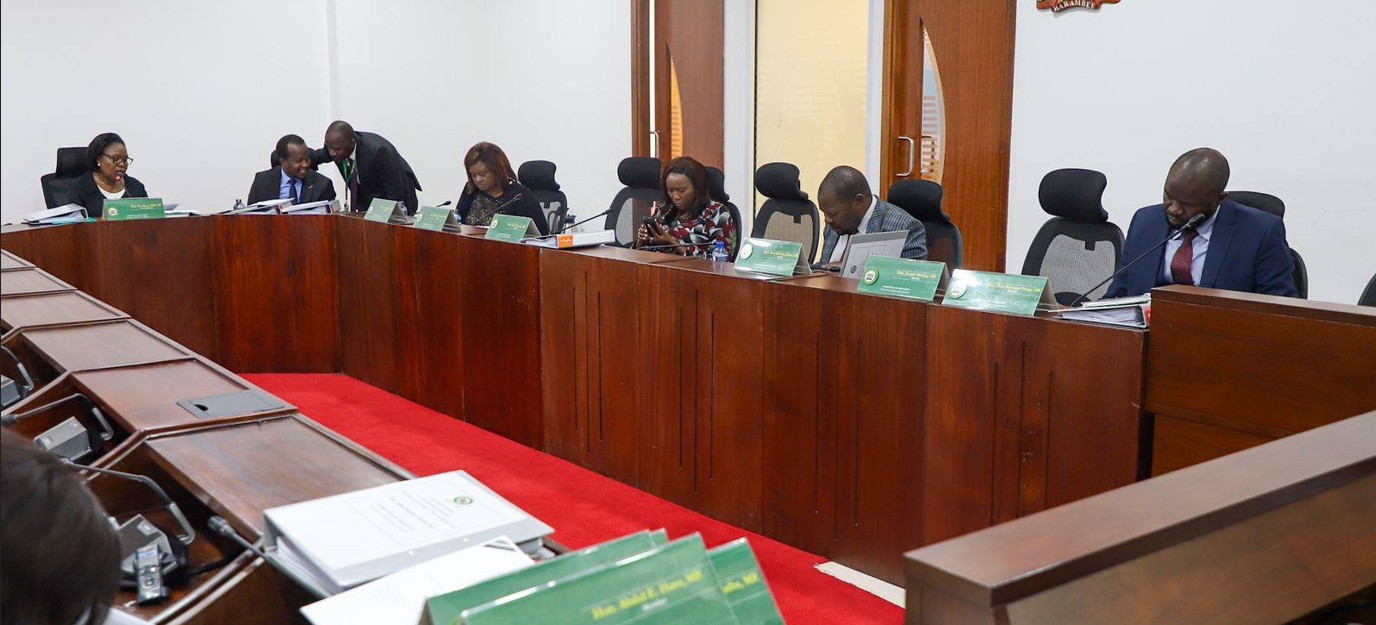Slum-based schools set for legal recognition in proposed education law

If passed, it will allow these schools,most of which operate in slums and marginalised areas, to be registered, regulated and funded by the government.
Schools serving thousands of learners in informal settlements like Mathare, Kibra and Mukuru Kwa Njenga are set to receive long-awaited legal recognition and government support, under a proposed amendment to the Basic Education Act that is receiving strong backing from the National Assembly’s Education Committee.
The Basic Education (Amendment) Bill, 2025, seeks to include Alternative Provision for Basic Education and Training (APBET) institutions in the legal framework governing education.
If passed, it will allow these schools,most of which operate in slums and marginalised areas, to be registered, regulated and funded by the government.
On Thursday, the Education Committee, chaired by Kabondo Kasipul MP Eve Obara, held a session with stakeholders to assess the Bill and hear submissions on the challenges facing APBET schools.
Among those present were representatives from the Unified APBET Schools Association of Kenya and the Complementary Schools Association of Kenya, who highlighted issues such as poor infrastructure, lack of government recognition, insufficient funding, limited teacher deployment and exclusion from national examinations.
The Bill was introduced by Mathare MP Anthony Oluoch, who said it aims to provide legal backing to a policy framework that has long existed without enforcement.
“The purpose for which this Bill was made was, first, to anchor an already existing policy, the policy framework for Alternative Provisions for Basic Education and Training,” Oluoch said. “The second purpose is to ensure recognition, registration, and marketing for schools otherwise left out due to a narrow definition under the Basic Education Act.”
Oluoch emphasised the urgency of the matter, citing Mathare’s limited land space and the high number of children depending on informal schools.
“My constituency is just four square kilometres. Even if the government allocated all the resources it could, there’s simply no space to build infrastructure. The 56,000 students who cannot fit in public schools are accommodated in informal schools that don’t get funding, teachers, or registration due to requirements like owning two acres of land,” he explained.
Obara threw her full support behind the Bill, describing it as necessary to tackle the historical exclusion of slum-based learners.
“We will support this Bill to help learners in informal settlements. Education should not be a privilege,” she said.
However, Nyamira Woman Representative Jerusha Momanyi raised concerns about the need for oversight if public funds are to be channelled to these institutions.
“How will you be audited? Have any of these institutions ever received taxpayer money?” she asked, calling for a clear framework on transparency and accountability.
The Bill proposes several measures to integrate APBET schools into the public education system. These include establishing capitation grants, developing curriculum guidelines for APBET institutions, creating a national database of all such schools, and improving learning infrastructure.
It also seeks to support a wide range of non-formal learning models, including community learning centres, home schools, night schools, vocational training centres and adult education programmes.
Stakeholders told the Committee that most APBET schools remain ineligible for government support and are unable to register students for national exams due to their informal status and lack of recognition.
According to Ministry of Education data, more than 2.3 million learners are either out of school or enrolled in unregistered institutions.
This number includes around 1.3 million primary school-aged children, 1 million secondary school-aged learners and 350,000 adult learners participating in APBET programmes.
The Committee noted that the proposed law aligns with national efforts to close the education gap and promote equity, especially for underserved communities.
“This Bill is timely. We must bring all children under one umbrella, whether they are in formal or informal schools,” said Kibra MP Peter Orero.
